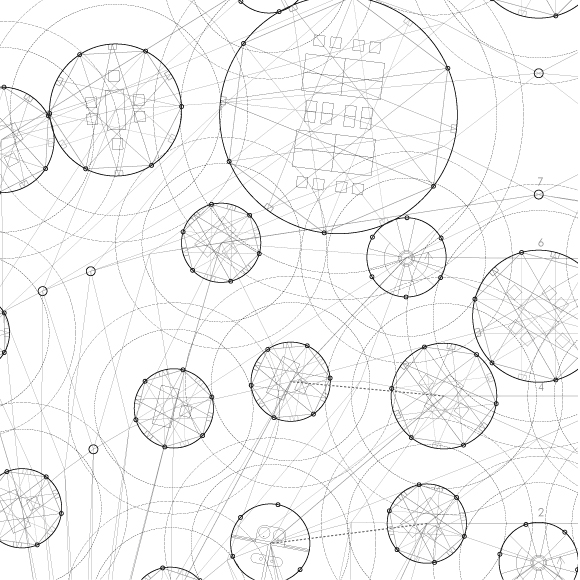High-rise knowledge centres
Research project
London, UK, 2003-2004
Skyscraper Competition 2005
design team: Andrea Di Stefano, Aleksandra Jaeschke
competition phase: Andrea Di Stefano, Aleksandra Jaeschke
with Edouard Cabay and Daniel Coll i Capdevila
Can excessive programming activate human affection? With the aim of liberating such potential, the project integrates the slower production of knowledge with the faster financial life of the city in one high-rise research centre.
In Urban Ganglions order is imposed from top down to activate spontaneous organizations from the bottom up. While providing a fluid infrastructure, it stimulates exchange rather than onedirectional transfer, decentralises while gathering and disrupts while ordering. Alike the long and short memory in the cerebral cortex, the first creating the conditions for learning, the second for intuition, UG establishes permanent channels of information and simultaneously offers highly flexible and unpredictable connections, triggering novel conditions for exchange. New patterns of communication and exchange are generated by chance out of excessive programming.


